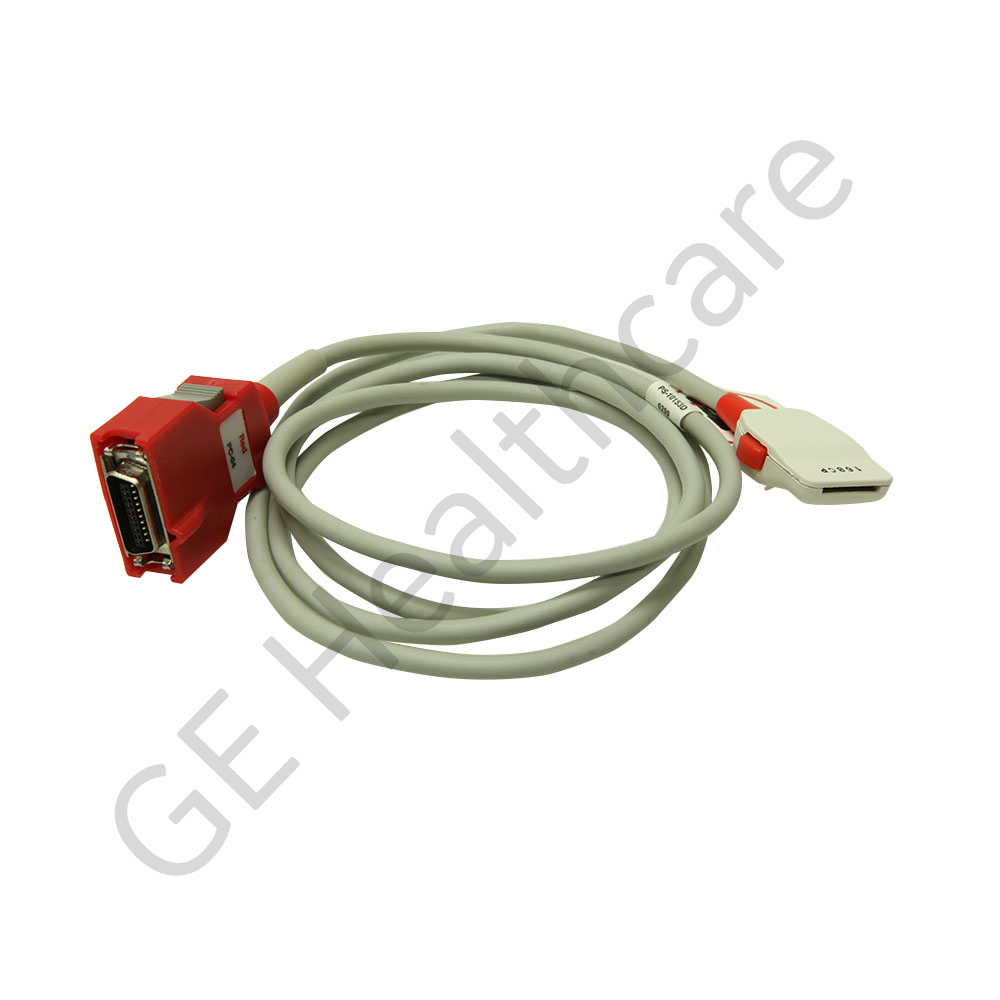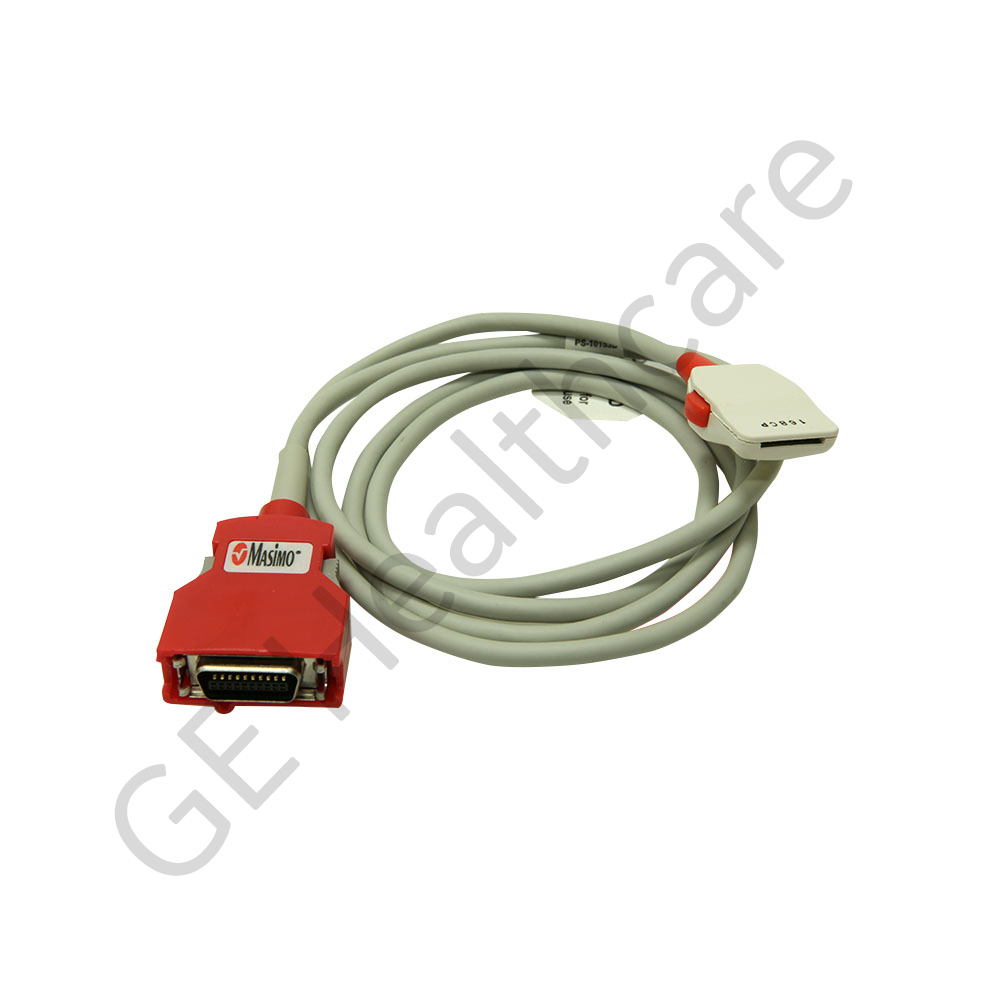
Masimo Cable Red PC-04 LNOP
| 2059002-001 | |
| Patient Monitoring | |
| GE HealthCare | Outright |
Enter your approval number and submit to add item(s) to cart.
Please enter approval number
OR
Don't know your approval number? Call 800-437-1171
Enter opt 1 for the first three prompts, and have your System ID available.
If you add item(s) to cart and submit your order without the
approval number, GE will contact you before your order
can be confirmed for shipment.
Select your approver's name and submit to add item(s) to your cart
Please Select Approver Name
OR
Don't know your approval number? Call 800-437-1171
Enter opt 1 for the first three prompts, and have your System ID available.
If you add item(s) to cart and submit your order without
selecting an approver, GE will contact you before your order
can be confirmed for shipment.
Features
- A gentle tug on the patient cable connector ensures a positive contact
- Cables can be easily cleaned by wiping with an alcohol pad and allowing to dry thoroughly
- Cable does not contain any latex
- Reliable and flexible
Product Overview
The Red Low Noise Optical Probe® (LNOP) patient cables and Masimo LNOP sensors® are indicated for the continuous non-invasive monitoring of arterial oxygen saturation (SpO₂) and pulse rate for adult, pediatric, infant and neonatal patients. These are used to reduce noise, while taking measurements in sensitive areas like a fingers, toes, lips or forehead. The sensor is safely attached to the patient for taking readings. The connecting tab of sensor is oriented in such a way that the contacts are pointed up. The sensor is mated with the red cable by inserting the tab of the sensor into the patient cable connector until there is a tactile or audible click of connection. It can be pressed firmly to ensure the patient cable is fully engaged with the instrument. The patient cable does not need to be pulled. Failure to properly connect the sensor or the oximeter module to the cable will result in intermittent readings, inaccurate results or no reading. Tape may be used to secure the cable to the patient for ease of movement. The thumb and index finger are placed on the gray buttons on either side of the patient cable connector and pressed firmly to remove the sensor from cable.


